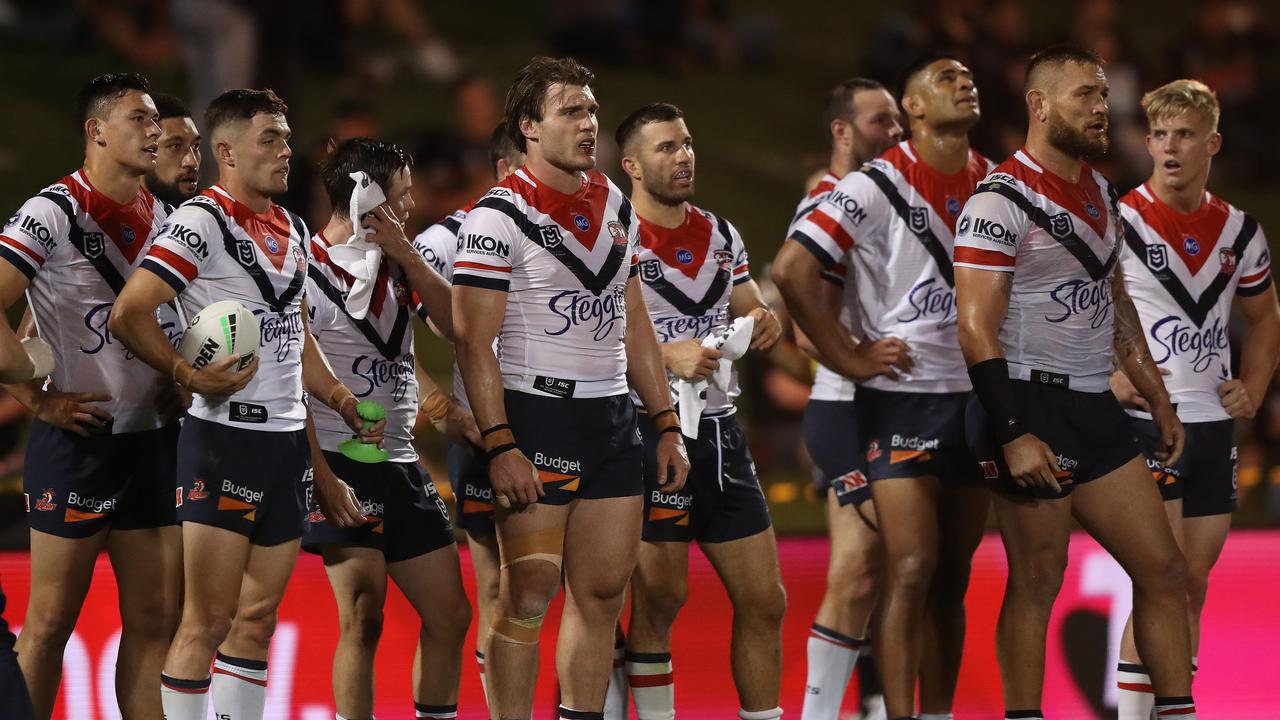
The NRL is set to unveil its newest Immortal at Wednesday night’s prestigious Hall of Fame ceremony, held at the iconic Sydney Cricket Ground. This event promises to be a highlight of the rugby league calendar, marking the latest addition to an esteemed group of players who have made an indelible mark on the sport.
The list of contenders this year is particularly illustrious, reflecting the rich history and deep talent pool within the NRL. Fifteen judges, each with a profound understanding of the game, have been entrusted with the challenging task of selecting one player from the 121 individuals already enshrined in the Hall of Fame. The deliberation process is expected to be intense, given the exceptional quality of the nominees.

Choosing among such legends as Ricky Stuart and Allan Langer, Laurie Daley and Brett Kenny, or Darren Lockyer and Brad Fittler is no small feat. Each of these players has left a unique legacy in the game, making the task of distinguishing one from the other particularly arduous. Stuart and Langer, for example, both made significant impacts in their positions, as did Daley and Kenny, who each had remarkable careers that helped shape the modern game.
Adding to the complexity of the selection process are Melbourne Storm icons Cameron Smith and Billy Slater. Smith is celebrated for his exceptional performance in high-stakes matches, including numerous Test matches and State of Origin games for Queensland. His career is highlighted by his strategic brilliance and consistent high-level performance. In contrast, Slater revolutionized the role of the fullback, beginning his career as a winger and center before redefining the position with his dynamic style of play.
Other notable names in the running include Greg Inglis and Steve Renouf, as well as Johnathan Thurston and Cooper Cronk. The new criteria for induction, which now require only three years of retirement instead of the previous five, could potentially benefit more recently retired players like Smith. This change could influence the judges’ decision, though the final choice will ultimately reflect their collective evaluation of each player’s impact on the game.
The primary criterion for becoming an Immortal is the player’s influence on the sport and their role in transforming the game. Given the caliber of the nominees, there is no shortage of debate and discussion about who should be honored with this prestigious title. As the judges cast their votes, the rugby league community eagerly awaits the announcement of the next Immortal, whose selection will undoubtedly spark further conversation about the greatest players in the sport’s history.






